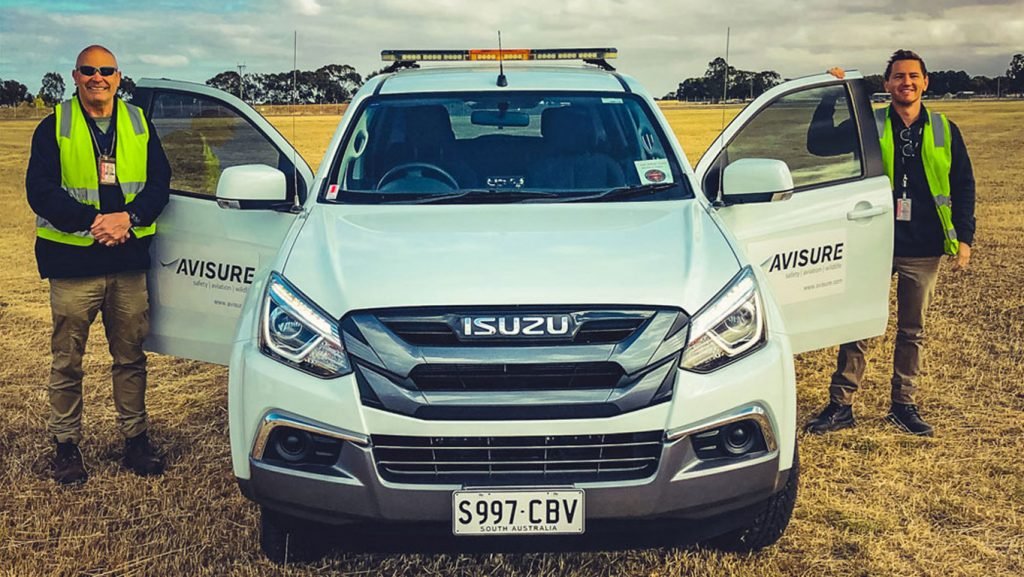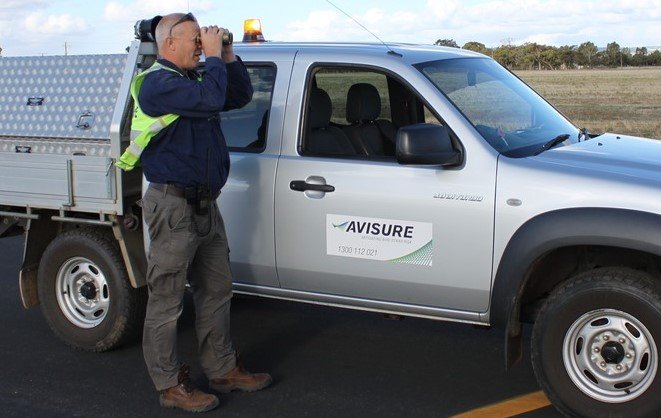Client | Ventia Pty Ltd
Location | RAAF Bases Edinburgh, South Australia. Point Cook and East Sale, Victoria, Australia
Service | Aviation Wildlife Hazard Management Program
Since 2011, Avisure has implemented the aviation wildlife hazard management program (WHM program) at RAAF Base Edinburgh on behalf of Ventia (formerly Broadspectrum and Transfield). The engagement came about in response to a number of damaging wildlife strikes at Edinburgh, and the success of the program in South Australia led to Avisure’s engagement to establish a WHM program at RAAF Base Amberley the following year. At this time, Avisure also worked with Defence stakeholders to workshop and draft the Department of Defence’s national aviation wildlife strike management strategy. In 2015, Ventia engaged Avisure to implement the program in Victoria: at RAAF Point Cook and RAAF East Sale. Avisure continues to work on behalf of Ventia at these bases.
The WHM Program assists Defence in several important areas:
• It helps to meet their Commonwealth Work Health and Safety Act 2011 obligations.
• By mitigating the wildlife strike risk to aircraft, and the impact on personnel, it assists in complying with Defence Aviation Safety Regulations (DASR) for aerodrome operation requiring a safety management system (SMS).
• It also ensures Australian Defence Force capability is maintained.
The WHM program includes wildlife hazard assessment, on and off-aerodrome wildlife monitoring, reporting (includes risk forecasting), risk communication, assisting air traffic controllers and pilots to maintain real-time bird and aircraft separation, actively managing wildlife through wildlife dispersal, modifying wildlife behaviour, wildlife rescue, removal and lethal control of pest animals.
Under the program, Avisure’s wildlife management personnel also advise on, and monitor, passive management activities such as landscape and infrastructure management to reduce wildlife attraction on and in the vicinity of the airfield. Avisure’s wildlife management personnel are also qualified aerodrome reporting officers, and thus provide added value to airfield operations. These include: inspecting fences and runways; collecting and disposing of carcasses; reporting on environmental and foreign object debris hazards; and escorting vehicles.




